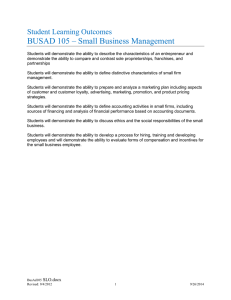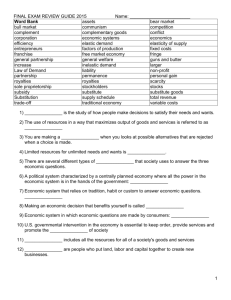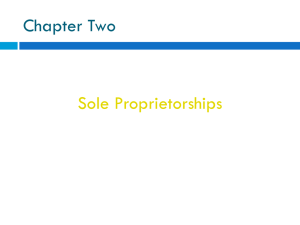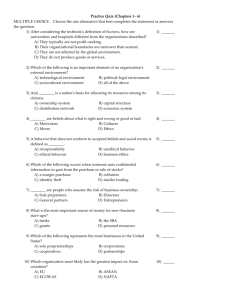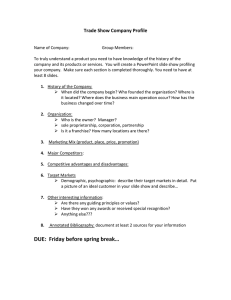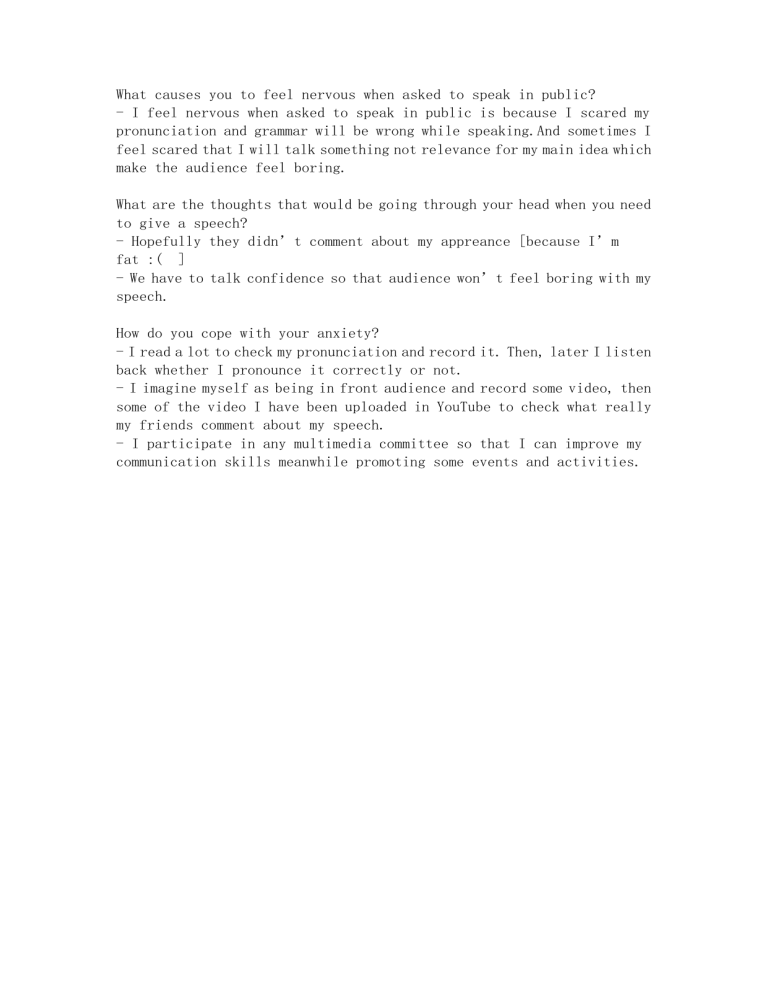
What causes you to feel nervous when asked to speak in public? - I feel nervous when asked to speak in public is because I scared my pronunciation and grammar will be wrong while speaking.And sometimes I feel scared that I will talk something not relevance for my main idea which make the audience feel boring. What are the thoughts that would be going through your head when you need to give a speech? - Hopefully they didn’t comment about my appreance [because I’m fat :( ] - We have to talk confidence so that audience won’t feel boring with my speech. How do you cope with your anxiety? - I read a lot to check my pronunciation and record it. Then, later I listen back whether I pronounce it correctly or not. - I imagine myself as being in front audience and record some video, then some of the video I have been uploaded in YouTube to check what really my friends comment about my speech. - I participate in any multimedia committee so that I can improve my communication skills meanwhile promoting some events and activities. Sole proprietorships have practical and tax points of interest contrasted with different business elements. One of the useful preferences of sole proprietorships is that they are simpler to set up than different business substances. An individual turns into a sole owner just by maintaining a business. Another practical preferred position of a sole ownership is that the proprietor keeps up 100% control and responsibility for business. By definition, a sole ownership can have just a single proprietor, and that proprietor is qualified for the benefits and control of the business. Sole proprietorships additionally have tax points of interest over different business elements. Under Virginia income tax law, sole proprietorships don't need separate tax filings. In a sole ownership, the proprietor is just taxed once, in light of the fact that business benefits are recorded uniquely on his own income tax structure. Sole Proprietorships also have liability and functional disadvantages compared to other business entities. The biggest disadvantage of a sole proprietorship is the potential exposure to liability. In a sole proprietorship, the owner is personally liable for any debts or obligations of the business. This means that lawsuit claimants or creditors may have access to the owner’s personal accounts, assets, or property if any business accounts cannot cover his debt. While the limitation on ownership can be a functional advantage for an owner, it can also be a disadvantage. If an owner of a sole proprietorship wishes to include another owner, he must dissolve the sole proprietorship and form a new business entitysuch as a general partnership. There is one exception to this otherwise firm rule –an owner can be a “co-sole proprietor” with .
